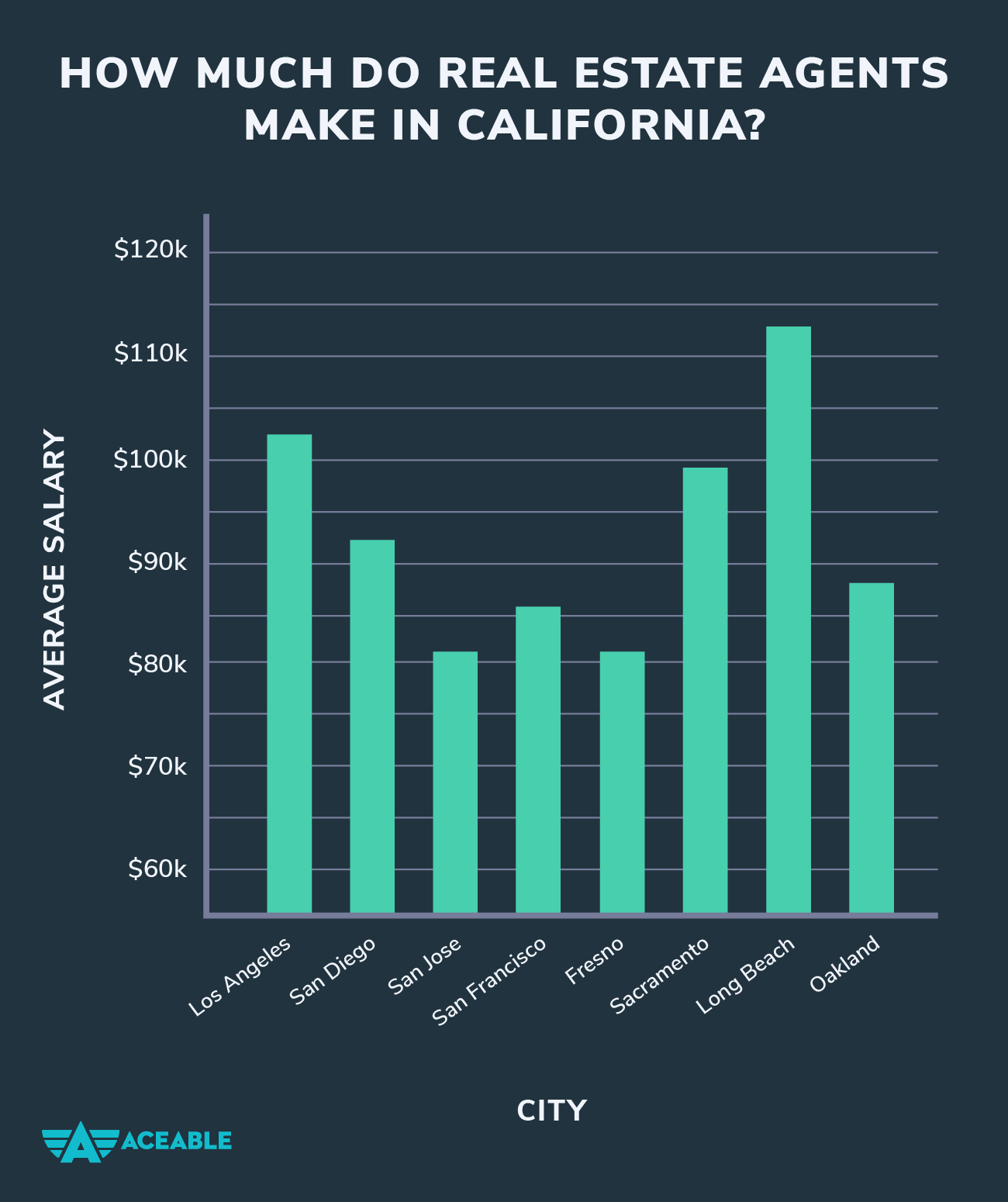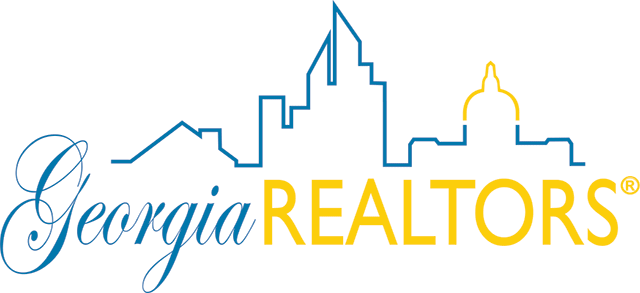
The question, "When does the seller get paid after closing?" is open to interpretation. While there is no one right answer, it is common for the average time to take between two and four business days. There are many variables that can affect this. After closing, you will receive a check. However, the amount of the check can vary. If you decide to get a check, you'll need to make sure you have sufficient funds available. It is important to make sure that you are getting a check worth the effort.
It is not necessarily bad to have a check. It can actually make the process more efficient. You might also consider hiring a realty agent to assist you in the process. A real agent can help you find the right buyer, make an offer and give you information about your property. They can also help you to determine the most suitable closing costs.
However, wire transfers are a good option if you would prefer to see your money than have a bank write you a check. Wire transfers can be done with your bank. Depending on which banks you use, your money will likely be available within a few days.

A prepaid loan is another option. Prepaid mortgages are popular for those who plan to sell their home and buy a new one. By not dealing with a lender after closing on your new property, a prepaid loan will help you save time.
While you can't guarantee your cash, most sellers will. Many residential real estate contracts allow the sellers to keep some of their down payments as liquidated damages. This usually amounts to between 1-2% of the selling price.
It can be frustrating to wait for a check that has not yet been cashed. Some banks prefer large checks to be held for at least a day. The seller might not receive the money as soon as they send paper checks. You must settle all claims with the sellers unless you are purchasing a prepaid mortgage.
As with any transaction, the time it takes for a seller to get paid after closing will depend on the specifics of your sale. Your state may have a dry funds system. This means you have to wait until you have satisfied all the requirements of your buyer before you can get the money. Another option is a wet fund system. In this case, your money will be available instantly. On the west coast, for instance, it takes three days to receive a check.

Selling your home will cost you the most: the commission. The commission sellers receive is usually 2.5 to 3%. The real estate agent's fee, title insurance and other fees should be taken into consideration. These fees can amount to anywhere from 8-10% of your total sales price.
FAQ
How many times do I have to refinance my loan?
It all depends on whether your mortgage broker or another lender is involved in the refinance. In either case, you can usually refinance once every five years.
Is it possible to get a second mortgage?
Yes. However, it's best to speak with a professional before you decide whether to apply for one. A second mortgage is usually used to consolidate existing debts and to finance home improvements.
How do I get rid termites & other pests from my home?
Your home will be destroyed by termites and other pests over time. They can cause serious damage and destruction to wood structures, like furniture or decks. You can prevent this by hiring a professional pest control company that will inspect your home on a regular basis.
Statistics
- When it came to buying a home in 2015, experts predicted that mortgage rates would surpass five percent, yet interest rates remained below four percent. (fortunebuilders.com)
- This means that all of your housing-related expenses each month do not exceed 43% of your monthly income. (fortunebuilders.com)
- 10 years ago, homeownership was nearly 70%. (fortunebuilders.com)
- Private mortgage insurance may be required for conventional loans when the borrower puts less than 20% down.4 FHA loans are mortgage loans issued by private lenders and backed by the federal government. (investopedia.com)
- This seems to be a more popular trend as the U.S. Census Bureau reports the homeownership rate was around 65% last year. (fortunebuilders.com)
External Links
How To
How to Find an Apartment
When you move to a city, finding an apartment is the first thing that you should do. This involves planning and research. It includes finding the right neighborhood, researching neighborhoods, reading reviews, and making phone calls. Although there are many ways to do it, some are easier than others. These are the steps to follow before you rent an apartment.
-
Data can be collected offline or online for research into neighborhoods. Online resources include websites such as Yelp, Zillow, Trulia, Realtor.com, etc. Offline sources include local newspapers, real estate agents, landlords, friends, neighbors, and social media.
-
Read reviews of the area you want to live in. Yelp. TripAdvisor. Amazon.com all have detailed reviews on houses and apartments. You can also check out the local library and read articles in local newspapers.
-
Call the local residents to find out more about the area. Talk to those who have lived there. Ask them about their experiences with the area. Ask for their recommendations for places to live.
-
You should consider the rent costs in the area you are interested. If you think you'll spend most of your money on food, consider renting somewhere cheaper. If you are looking to spend a lot on entertainment, then consider moving to a more expensive area.
-
Find out information about the apartment block you would like to move into. It's size, for example. How much does it cost? Is it pet-friendly What amenities does it have? Are you able to park in the vicinity? Are there any special rules for tenants?